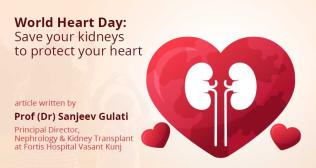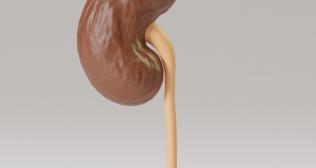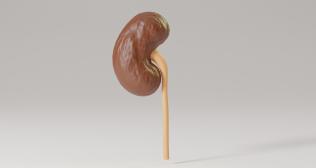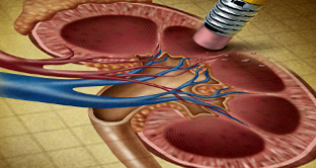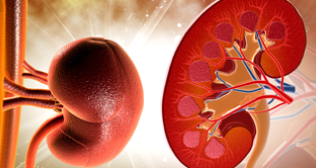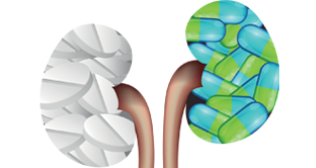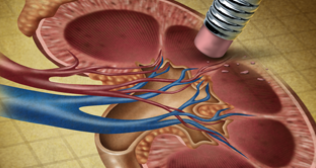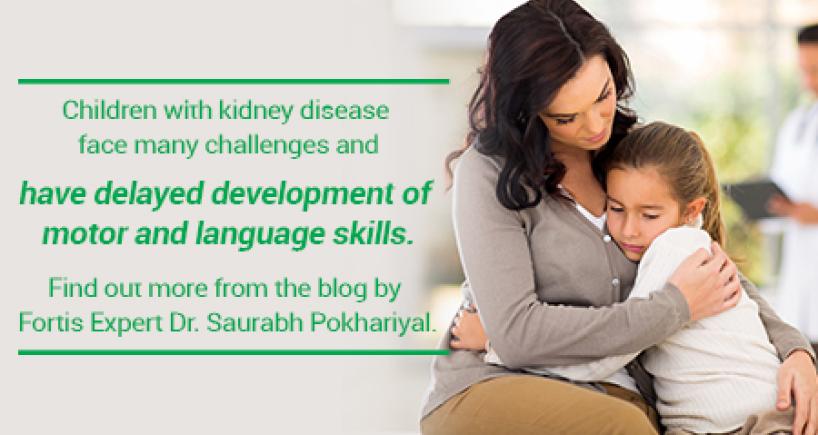
Does Your Child Suffer From A Kidney Problem?
What are the kidneys and what do they do?
The kidneys are two bean-shaped organs, each about the size of a fist. They are located just below the rib cage, one on each side of the spine. Every day, the two kidneys filter blood to produce about 1 to 2 litres of urine which is composed of wastes and extra fluid. The kidneys work 24 hours a day and the amount of urine produced is determined by the hydration status of the person and certain hormones secreted by the brain.TheUreters carry urine from each of the kidneys to the bladder which stores urine until the person feels the urge to urinate.
Each kidney is made up of about a million filtering units called nephrons. The nephron made of a filter, called a glomerulus, and a tubule. The glomerulus lets waste matter and toxins pass through it but it prevents blood cells and large molecules, mostly proteins, from being filtered into the urine. The filtered fluid then passes through the tubule, which reabsorbs some essential electrolytes back into the bloodstream. The remaining fluid is passed down into the renal pelvis and then the ureter as urine.
The kidneys also control the level of minerals such as sodium, phosphorus, and potassium in the body, and also produce a hormone called erythropoietin which maintains the hemoglobin levels in the blood.They are also the main organ system involved in the regulation of blood pressure in the body.
WHAT ARE THE SIGNS THAT MY CHILD HAS A KIDNEY PROBLEM?
Signs that a child may have kidney disease include the following.
1. Swelling over the face and feet
2. Poor appetite
3. Nausea and vomiting
4. Delayed milestones
5. Bone deformities and impaired growth
6. Poor concentration
7. Frequent urination at night
8. Bed wetting at night beyond 3 years of age
WHAT ARE THE CAUSES OF KIDNEY DISEASE IN CHILDREN
Kidney disease can be divided into two main categories:
1) Acute
2) Chronic
Acute kidney injury is the abrupt onset of kidney dysfunction and is potentially reversible.
Chronic kidney disease is the presence of kidney dysfunction for more than 3 months and can lead to permanent renal failure.
Acute kidney injury can occur in children due to:
1) Decreased blood flow to kidneys for some time which may occur in conditions likediarrhoea, vomiting, blood loss in surgery, trauma, etc.
2) Secondary to obstruction or blockage in urethra/ ureter due to stones.
3) Certain medications like pain killers, and alternative medicines.
4) Immunological disease like Glomerulonephritis which leads to protein leakage and impaired kidney function
Chronic kidney disease can occur due to:
1) Prolonged obstruction or blockage in urinary tract which leads to high pressure damage to the kidneys
2) Hereditary kidney diseases like Alport’s syndrome, polycystic kidney disease, cystinosis.
3) Immunologically mediated renal disease like glomerulonephritis.
4) Birth defects like renal dysplasia and agenesis
How does kidney disease affect children?
Children with CKD or kidney failure face many challengesand have delayed development of motor and language skills. They can have behavioral issues and trouble concentrating. They also have a slower rate of growth than their peers and this can lead to poor self-esteem.
Points to Remember
- Kidney disease in children can range from treatable disorders to life-threatening conditions. Acute kidney disease develops suddenly, lasts a short time, but can be serious with long-lasting consequences. In most cases it can be completely cured.
- Chronic kidney disease (CKD) does not go away with treatment and tends to get worse over time and the child will require dialysis or transplant in the long term .
- Till age 4, birth defects like renal dysplasia and renal agenesis along with hereditary diseases are the leading causes of kidney failure. Between ages 5 and 14, kidney failure is most commonly caused by hereditary diseases, Glomerular diseases, and some systemic diseases including autoimmune disorders. Between ages 15 and 19, primary glomerular diseases (which affect the filtration units) are the leading cause of kidney failure.
- Treatment for kidney disease in children depends on the cause of the illness.
- Children with a kidney disease that is causing high blood pressure may need to take medications to lower their blood pressure. Good control of blood pressure can significantly slow the progression of kidney disease and this remains the most important goal of therapy in a child with chronic kidney disease. As kidney function worsens most childrenwill also need treatment for anemia and growth failure. This is best achieved in consultation with a pediatrician.
- Once kidney failure develops treatment is designed to replace the work of the kidneys. The two types of treatment are dialysis and transplantation.
PREVENTION
The symptoms of kidney disease in children are often nonspecific, and may be missed in children. In childhood the leading causes of kidney failure are hereditary conditions or birth defects, and these are often lacking in traditional indicators such as protein and red blood cells in the urine, high blood pressure or swelling over the feet and face.Kidney diseases like reflux nephropathy which manifest in early adulthood often have their origins in childhood.
It is therefore imperative that education, early detection and a healthy life style is promoted in children, starting at birth and continuing through to old age. With the rapid increase in our population it is crucial that the message for prevention of kidney disease in children finds a widespread audience and is effectively implemented.







